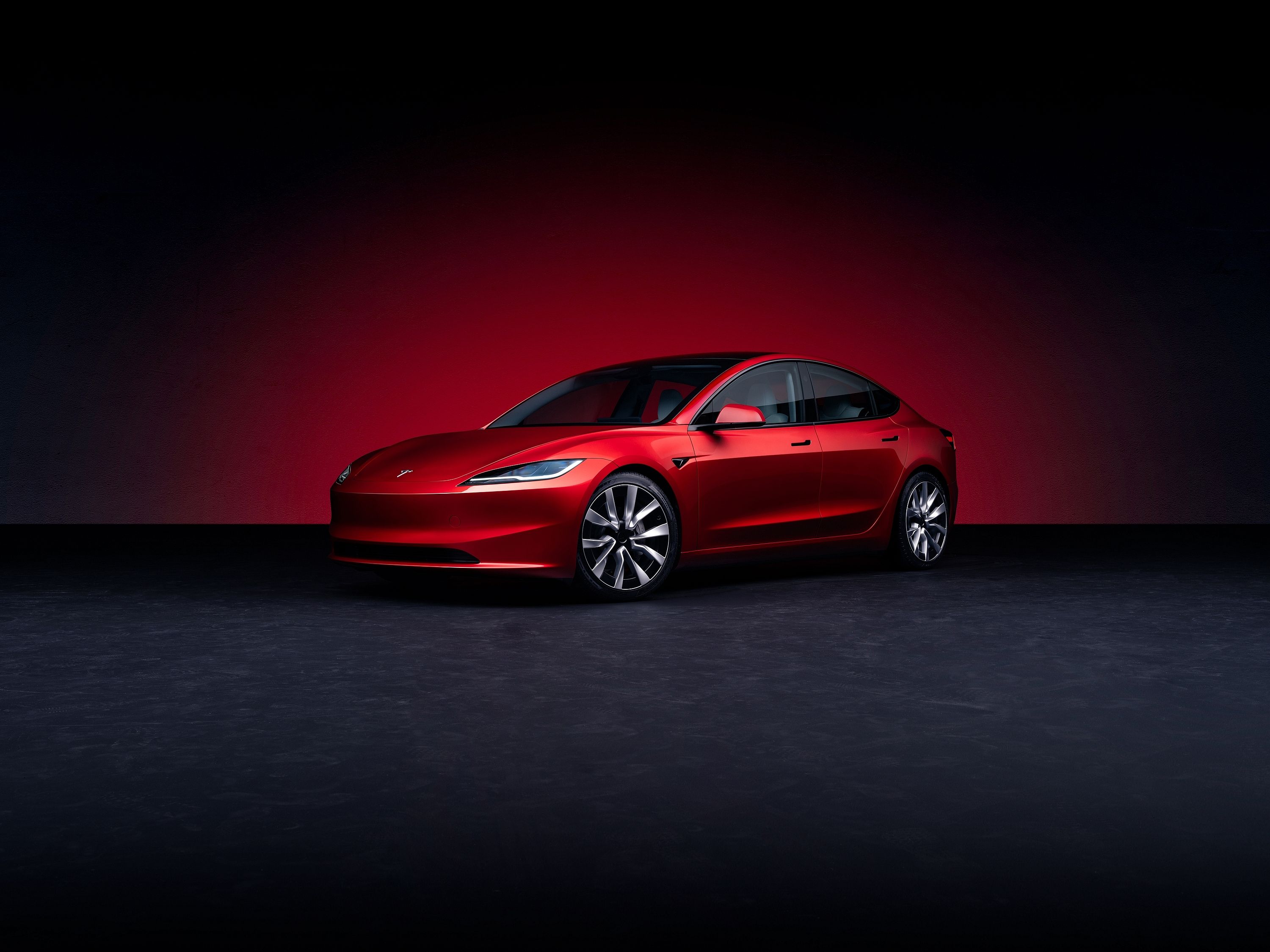
In order to encourage the transition to electric vehicles, consumers have been offered numerous incentives for years now. One of these has been the federal tax credit of up to $7,500 offered to buyers of new EVs. However, several key changes have been made to this incentive.
The US Senate Finance Committee advanced legislation this week that would potentially increase the tax credit amount to as much as $12,500, up from $7,500. This is good news for some but not all automakers as that $12,500 maximum comes with several provisos. For Tesla, maker of the strong-selling Model 3 and Model Y, there's both good news and bad news.
One of the conditions of the current tax credit system is that once an EV automaker surpasses 200,000 vehicle sales, the incentive falls away. This is what happened to Tesla at the end of 2019. Under the new Clean Energy for America bill, this 200,000 cap would be dropped, as reported back in February, but the credit would gradually fall away once half of all new vehicles sold in the US are EVs.
Other changes would see the tax credit limited to vehicles with a price tag of under $80,000 - there is no price limit currently. But which automakers and cars would qualify for the full $12,500?
Along with the existing $7,500, another $2,500 would be added for vehicles assembled in the US and Canada. That would immediately rule out the Ford Mustang Mach-E, which is assembled in Mexico.
There's better news for the new F-150 Lightning; it'll be assembled in the US so would technically be eligible for that $2,500 boost. A further $2,500 is applicable if production workers for specific EVs are represented by a labor union or are members of one. This would rule out Tesla as Elon Musk's company does not have US union workers. Still, at least Teslas would once again qualify for a partial tax credit. General Motors would also benefit as it too had reached the current 200,000 cap. The changes would make something like a Chevy Bolt EV much more attractive.
Through 2031, these incentives are expected to cost $31.6 billion. President Joe Biden is a strong advocate for fast-tracking the electrification of new cars and proposed an amount of $174 billion for new EVs and the required charging stations.
